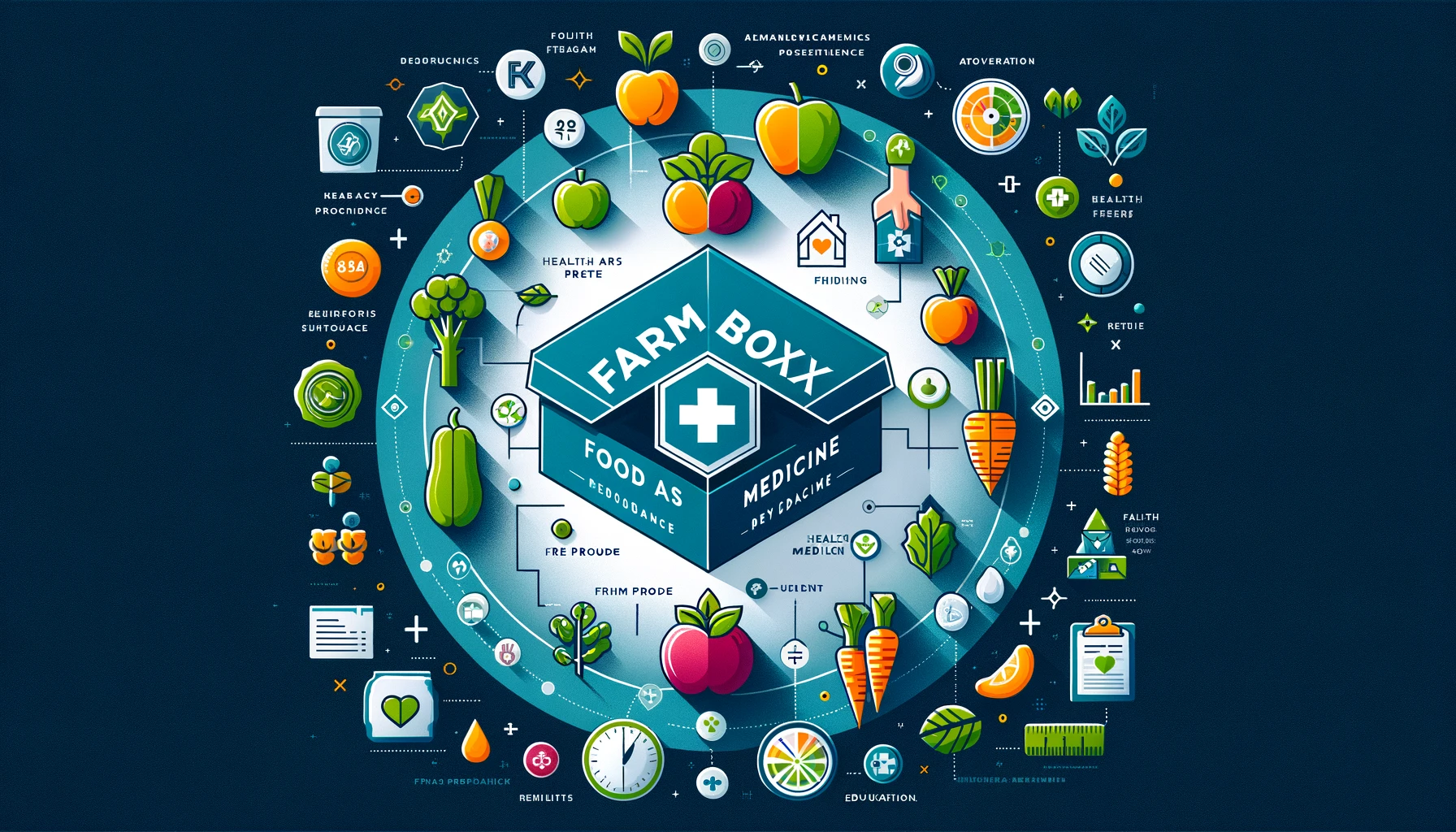Pioneering Health and Nutrition
FarmboxRx, a company founded by Ashley Tyrner, has taken a unique path in the startup world by opting to bootstrap its operations instead of succumbing to the pressures from venture capitalists (VCs) who wanted it to pivot towards a meal kit model. This decision has allowed FarmboxRx to stay true to its mission of using food as medicine, providing fresh produce and nutrition education to underserved communities through healthcare partnerships.
The Journey of FarmboxRx
Founded in 2014, FarmboxRx was born out of Tyrner’s personal experiences as a single mother living in a rural food desert. Initially, the company faced significant pressure from VCs to transform into a meal kit service, a market that has seen both growth and volatility. However, Tyrner and her team chose to bootstrap the business, allowing them to retain control and focus on their original mission.
FarmboxRx partners with Medicare and Medicaid health plans to deliver fresh produce and pantry staples to households, particularly those affected by the recent cuts to SNAP benefits. This approach aligns with the company’s commitment to improving health outcomes by addressing food insecurity and providing nutrition education.
Impact and Expansion
By remaining bootstrapped, FarmboxRx has maintained the flexibility to scale its operations according to need and demand. The company’s model emphasizes preventative care through nutritious food, a concept often referred to as “food as medicine.” This strategy has shown promising results, with reports indicating that participants in FarmboxRx programs have improved their health metrics significantly. For instance, a substantial percentage of participants completed necessary vaccinations and health risk assessments, illustrating the program’s impact on promoting preventative healthcare measures.
FarmboxRx’s focus on seasonal, fresh produce ensures that recipients receive a variety of nutrients, which is crucial for managing and preventing chronic conditions like hypertension and diabetes. The boxes, which include 10-15 pounds of produce along with shelf-stable items, are tailored to support the dietary needs of recipients and come with educational resources to help them prepare healthy meals.
The Road Ahead
As I see it, FarmboxRx’s decision to bootstrap rather than seek VC funding has both pros and cons. On the positive side, the company retains complete control over its mission and operations, allowing it to stay focused on its core values without external pressures to pivot for quicker profits. This control has enabled them to build a strong, trust-based relationship with their partners and clients, fostering long-term engagement and loyalty.
However, bootstrapping also means that FarmboxRx may face limitations in rapid scaling and resource allocation compared to VC-funded startups. Growth can be slower, and the company must rely heavily on its revenue and small-scale investments to expand its reach and impact.
From my perspective, FarmboxRx’s model serves as a vital example of how companies can remain true to their mission while navigating the challenging landscape of startup growth. Their success in improving health outcomes through nutritious food delivery underscores the potential of social enterprises to drive meaningful change without compromising their foundational goals.
By choosing to bootstrap, FarmboxRx has demonstrated resilience and commitment to its mission, proving that with determination and strategic partnerships, it is possible to scale a socially impactful business sustainably. This approach not only benefits the communities they serve but also sets a precedent for future startups aiming to make a difference in the world.






